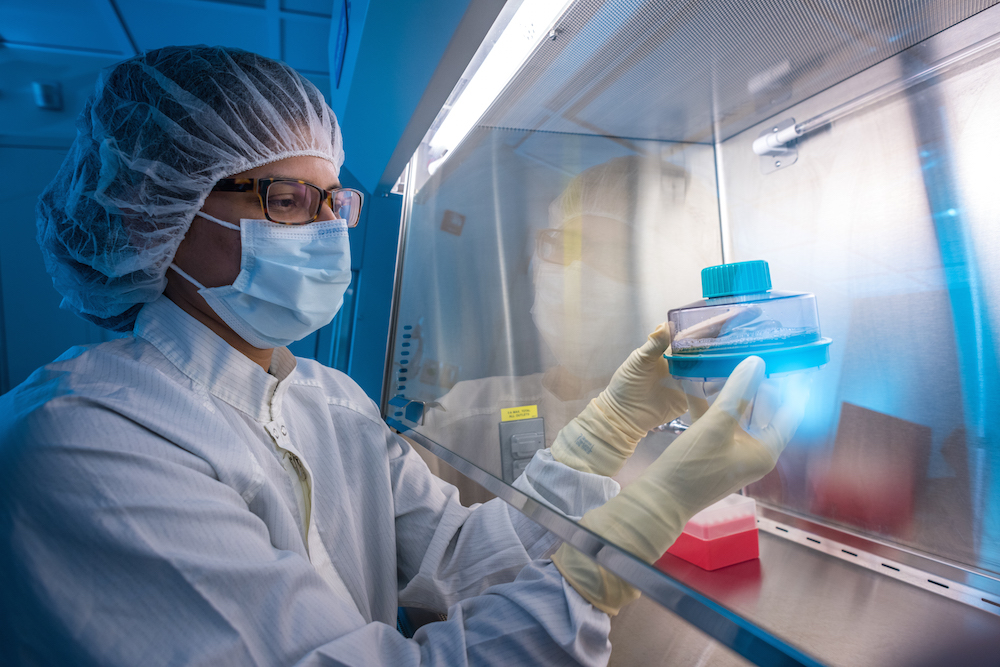
The Food and Drug Administration (FDA) announced today that a drug called CTL019 has become the first chimeric antigen receptor (CAR) T-cell therapy approved to treat a form of cancer.
The decision means the drug can be used as standard therapy for the treatment of pediatric and young adult patients with B-cell acute lymphoblastic leukemia (ALL) that has relapsed or hasn’t responded to previous treatments. The approval, which follows the drug’s designation as a “breakthrough” therapy by the FDA, underscores the potential of CAR T-cell therapies to treat a wide range of cancers, researchers say.
The FDA ruling in favor of CTL019 is based on the results of a series of clinical trials that showed the therapy to be safe and effective in the patients tested. The largest such trial, known as the ELIANA trial, found that 83 percent of patients treated with CTL019 achieved complete remission – the disappearance of all signs of cancer – within three months of treatment.
CAR T-cell therapy, like all forms of cancer immunotherapy, seeks to sharpen and strengthen the immune system’s inherent cancer-fighting powers. It involves treating patients with modified versions of their own immune system T cells – white blood cells that help protect the body from disease.
To convert normal T cells into CAR T cells, technicians first extract T cells from a patient’s blood and genetically engineer them in a lab to produce proteins on their surface called chimeric antigen receptors, or CARs. The CARs serve a dual purpose: to enable the T cells to latch onto specific tumor cell proteins called antigens, and to signal the T cells to kill those tumor cells. The newly minted CAR T cells are allowed to reproduce in a lab until they number in the hundreds of millions, and they’re infused into the patient. If all goes as planned, the CAR T cells will continue to reproduce and serve as an effective fighting force against cancer cells.
The initial clinical trials of CAR T cell therapy have involved pediatric and adult patients with blood-based cancers such as leukemia, lymphoma, and multiple myeloma. Based on the therapy’s striking success in many patients, CAR T-cell therapy trials are now opening for certain types of solid tumors as well, beginning with glioblastoma brain tumors.
